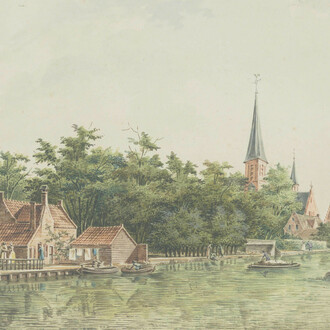The Pollitt family has gathered in honour of their father and grandfather who goes by the name of Big Daddy. He is the silverback, the family’s wealthy authoritarian centre, and his birthday must be celebrated. Gooper, the older son, arrives with his wife Mae and a swarm of grandchildren. The younger son, Brick, and his wife Maggie, however, have not yet produced any offspring, which is to become one of the party’s most determining topics. While Maggie strives to unite her own desire to have children with her life as a sophisticated woman and a modern couple, Brick is struggling with depression, caused by the end of his career as an athlete and the death of his close friend Skipper. He drowns his suffering in alcohol, which results in accusations of failure and impotence as well as conjecture about the homo-erotic nature of his relationship with Skipper.
The charged atmosphere is aggravated even further by the news that Big Daddy is terminally ill with cancer in its final stages: The party becomes a danse macabre. A storm is approaching outside, penning the family together. Inside the house, the storms are turning into hurricanes. Conflicts escalate. In front of Doctor Baugh and Reverend Tooker, Big Mama Pollitt tries to keep everything together. She is angry about her children’s fight over the inheritance, distraught about Brick’s alcohol addiction and Maggie’s childlessness, and grieving the looming loss of her partner and their mutual construct.
With its web of love, lies and anguish, Tennessee Williams’ 1955 text is a modern classic. Within the microcosm of a family, it puts different ways of life up for debate, shows a collision of individual needs, troubles and desires, and talks about dependencies and dynamics. All characters are both victim and perpetrator: approachable in their search for protection, understanding and warmth, but equally brutal in their drive for validation, profile and advantage. Nervous cats on a hot tin roof who delay their decision to jump until the heat becomes unbearable. Nobody spares the others here – which makes for a certain kind of humour.
















